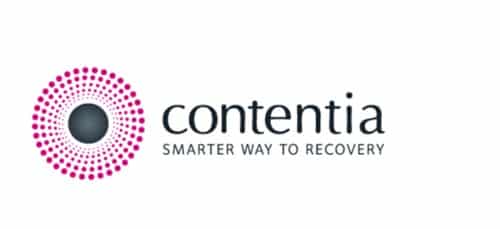In banking, there are several operations. Among them, the repurchase of mortgage credit. If its principle is similar to that of classic loan consolidations, there are however some differences. Find out how mortgage pooling is beneficial for borrowers. What are the advantages and disadvantages of using this banking operation? We tell you all about the pitfalls to avoid, and the procedure to follow to have your file accepted. Focus on the repurchase of loans with mortgage of your real estate (house or apartment).
Summary
What is the repurchase of mortgage credit?
The grouping of loans associated with a mortgage loan is called the repurchase of mortgage credit. The banking operation most frequently concerns the collection of a mortgage with one or more consumer loans. The objective is then to restructure the debts of the borrower. They are grouped into a single monthly payment, the amount of which is lower. And the repayment period is more spread over time.
On the other hand, when the repurchase concerns the credits held by an owner, the reimbursement of the new monthly payment is guaranteed by a mortgage on the property. An owner can then subscribe to a group at any time, provided that he can justify the amount to be refinanced.
Most often, the realization of a real estate acquisition responds to a desire to finance a particular project (acquisition of a second home to rent it out, for example). And in the event of over-indebtedness, the repurchase of mortgage credit makes it possible to bail out its accounts.
How it works ?
The principle of a mortgage loan repurchase remains similar to that of a classic loan consolidation. The banking organization buys back your current credits in different establishments and sets up a single monthly payment. The repayment period varies according to the offer but it cannot exceed 25 years.
Generally, the amount of debt consolidation is greater than in the context of a purchase of consumer credit. Therefore, the loan collection organization guarantees the banking operation with your property.
To know: if you have already guaranteed your mortgage by a mortgage, it will simply be replaced by that of the repurchase of credits. In addition, a mortgage requires the intervention of a notary, and therefore additional costs amounting to approximately 2%. They are included in the collection of loans.
Also Read: Shopping for Mortgage Insurance Online: Save Money
Benefits
The principle of buying back mortgage loans is to use real estate as collateral. Consequently, the banking establishment feels reassured to embark on the operation. In addition, it is a real security vector for conventional banks and other credit redemption organizations. Indeed, the mortgage represents a pledge of solidity of the file.
Borrowers using the consolidation of mortgage loans are more likely to obtain a buyback offer under the best conditions, including in the event of registration in the FICP (National File of Incidents of Reimbursement of Credits to Individuals).
And if you decide to use a credit redemption broker, you can also benefit from advantageous rates.
Finally, mortgage loan consolidation may be interesting for borrowers who cannot take out new credit because of their age or their state of health.
The inconvenients
Among the main drawbacks to the purchase of mortgage loans, there are the steps to set up the file. They generate an additional cost with the fees of the notary in charge of the mortgage of the property. Indeed, through a notarial deed, the notary judges the real value of the property without overvaluing it. This step is fundamental because the value of the house will condition obtaining the redemption. Some banks and loan consolidation organizations offer a mortgage ratio of 100% while others do not go beyond 80%.
On the other hand, although minimal, there is a risk of seeing his property sold in the event of non-repayment of his debts. Indeed, if the borrower does not properly pay his monthly payment, the lender can proceed to the sale of his home. Of course, this is one of the extreme cases. In addition, the financial institution will make every effort to find an amicable solution before resorting to seizure.
Then, you should know that traditional banks are not always able to set up this kind of operation. Mortgage buybacks require personalized service. It is therefore preferable to contact a mortgage loan buyout broker to take advantage of the best rate, and to be accompanied in the notarial procedures. In particular, the broker can lower mortgage costs.
Request a mortgage buyback: how to do ?
First, be aware that any owner of real estate (apartment, house) and having at least one consumer loan in progress, can request a mortgage loan buy-back. And regardless of their professional situation: employee, craftsman, merchant, liberal profession, retiree.
The procedure is the same as for a purchase of classic credits. A study will be carried out on the profile of the borrower in order to ensure the feasibility of his project. Their income, their expenses, the amount of credits, the debt ratio, the remainder to live, the mortgage ratio as well as any new needs will therefore be taken into account. On the other hand, the lender will pay particular attention to the value of the borrower’s property. When all this information is collected, the mortgage buyout organization will offer a credit consolidation offer to the borrower.
The borrower then benefits from a cooling-off period of 10 days, starting the day after receipt of the offer. From 11th day, he may accept or refuse the offer received. If validated, he will return the signed offer to the lending organization.
Note: if the collection concerns only consumer loans, the borrower has a withdrawal period of 14 days from the date of signature of the offer.
Read also >> The repurchase of FICP credit




